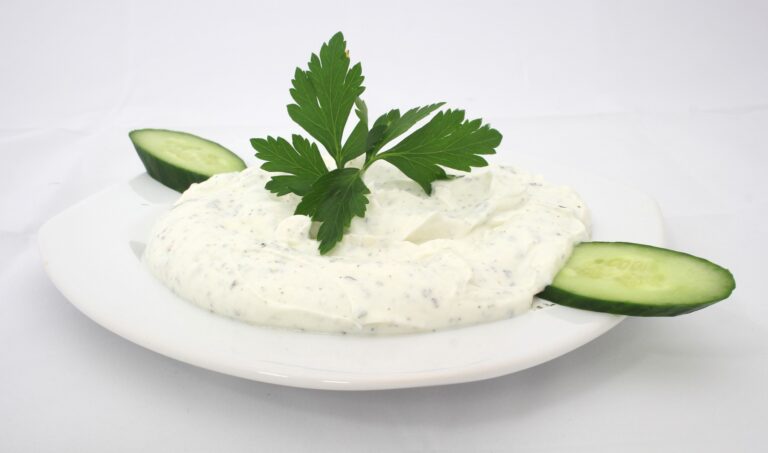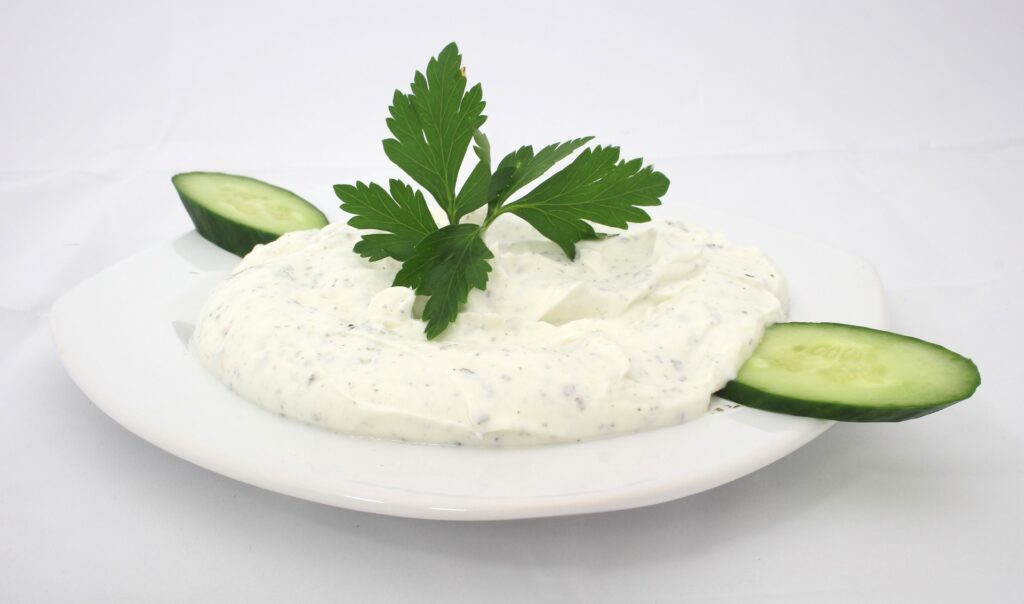The Growing Trend of Probiotics
By
Riya Sood
Soumya Ravichandran

The Growing Trend of Probiotics: What are they and what do they do in your body?
I mean now the health fanatics are even adding them to sodas!!! Anyone heard of Oilipop?
Growing up in an Indian household, Sunday brunches were always filled with “idlis” and “dosas”, dishes made of fermented rice and lentils. Little did I know that these staple foods of my South Asian diet, were a few of the many incredibly important probiotics that offer a plethora of benefits to both the human brain and body.
So how exactly do probiotics benefit us? Probiotics are a combination of beneficial bacteria that make up the microbiome and endogenously live in the human body upon ingestion. While they predominantly exist in the gut, they can live in a variety of locations such as the mouth, lungs, and even the urinary tract. Our gut microbiome is composed of an ecosystem that consists of a unique combination of almost 100 trillion healthy and harmful bacteria. However, environmental factors like an unhealthy diet and stress, can alter the balance of the good and bad bacteria in the gut causing conditions like inflammation, constipation, and digestive discomfort. The main function of probiotics is to help your body achieve homeostasis, or strike a natural balance by increasing the fraction of “friendly” bacteria and strengthening the gut microbiome in an effort to protect it from incoming infections and pathogens.
The two most common strains of probiotics, Lactobacillus and Bifidobacteria, can be consumed either directly through your diet by consuming foods such as yogurt, kefir, and sauerkraut, or through exogenous supplements. Lactobacillus bacteria produce lactase, an enzyme that breaks down a sugar called lactose, and lactic acid, a short-term energy fuel for muscles. On the other hand, Bifidobacteria helps boost immunity, breaks down lactose into more digestible nutrients, and limits the amount of harmful bacteria in the gut. While probiotics are generally used to resolve diarrhea, digestive problems, low energy levels, and even obesity, each species of bacteria within the general strain of interest (Lactobacillus or Bifidobacteria) will have a unique effect on the body. For example, some probiotics can help improve absorption of proteins and other nutrients that are essential for growth and metabolism.
In addition to benefiting the body, probiotics can also boost your emotional health and well-being! Recently, many experts have directed their attention to a special subgroup of probiotics, known as psychobiotics. These bacteria have been linked to improving symptoms of various mental illnesses, from bipolar disorder to depression and even, Autism Spectrum Disorder. A recent study reported that eating probiotics lowered the effect of maternal separation and improved fear regulation in rodents. While the exact mechanism of how probiotic bacteria improves mental health remains unknown, the core explanation lies in understanding the gut-brain axis, the connection between the brain/spinal cord and the GI tract. Researchers believe that probiotics produce neurotransmitters, or chemicals that alter sleep and mood, and therefore affect cognitive function, via the gut-brain axis.
Without a doubt, probiotics are incredibly important to having a healthy body and mind.
Some easy ways to incorporate probiotics into your daily diet are:
- Drinking probiotic-rich beverages, like kombucha, as an mid-morning snack.
- Swap regular flavored yogurt for Greek yogurt and add in your favorite nuts and berries.
- Try tempeh as a meat-substitute instead of tofu.
In addition to incorporating probiotics into your daily diet, you can also take over-the-counter probiotic supplements from your nearest pharmacy. Keep in mind that probiotics can have different effects on each person’s body, meaning it might take longer to achieve the same results. Regardless, most probiotic users report improvements in their digestion and mood 1-2 weeks after starting their probiotic of choice!
Eating probiotics will undoubtedly directly impact your body health since you are, quite literally, adding beneficial bacteria into your digestive tract. As the famous saying goes, “you are what you eat” so add in some more “friendly” bacteria today!
